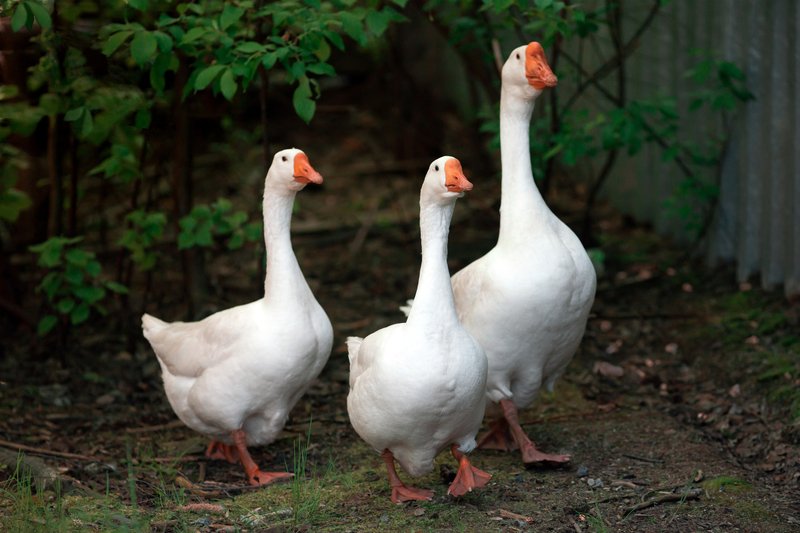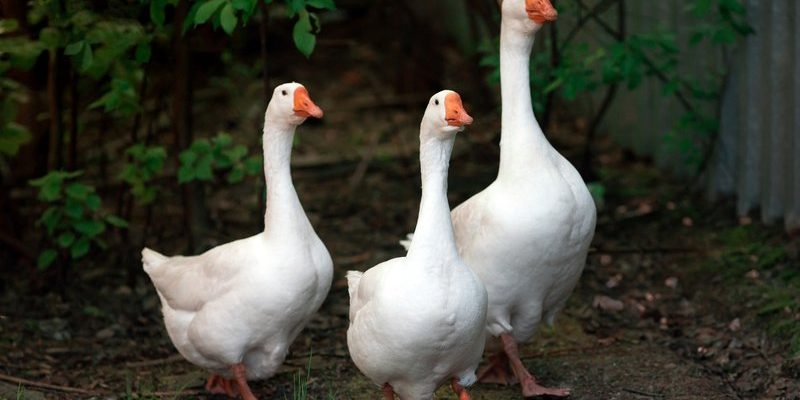
Keeping geese is not as straightforward as just running to the farm supply store and picking out the first pair of cute goslings you see. Every state has different laws regarding the ownership of geese, and you might also need to consider local ordinances. Just like understanding the legal requirements of getting a driver’s license or starting a business, knowing the rules for keeping geese will help you avoid potential headaches down the line.
Understanding Local Laws and Regulations
Every area has its own set of rules when it comes to animal ownership, especially for livestock like geese. These regulations can vary widely from one city or county to another. Here are a few things to keep in mind:
- City Ordinances: Some urban areas may have strict regulations that limit or prohibit keeping geese as pets. You wouldn’t want to fall in love with a goose only to discover you’re breaking the law.
- Zoning Laws: Zoning laws specify what types of animals you can keep based on your property. For example, if you live in a residential area, you may be limited to pets like dogs and cats.
- Permits: In some cases, you may need a special permit to keep geese. This often involves proving that you have the space and resources to care for them properly.
To find out the laws in your area, check your local government’s website or contact a local animal control office. It’s an important step you won’t want to skip!
Considerations for Keeping Geese in Urban Areas
If you live in a city, keeping geese can present certain challenges. Urban environments often mean limited space and resources, which can affect your ability to care for geese properly. Here’s what you should consider:
- Space Requirements: Geese need room to roam. Cramped conditions can lead to stress and health issues. Ensure your living situation allows for a suitable enclosure and access to safe outdoor space.
- Noise Complaints: Geese can be quite vocal. They honk, chatter, and can be noisy, which might not sit well with your neighbors. You could be known as the “goose person” in the neighborhood—not always a title to be proud of!
- Health Codes: City health codes may have specific requirements for keeping livestock, including sanitation standards. You’ll need to ensure their living area is clean and safe.
Understanding these risks can help you decide whether keeping geese is the right fit for your urban lifestyle.
State Laws on Domestic Waterfowl Ownership
Each state has its own laws about owning domestic waterfowl, including geese. Some states may have more lenient regulations, while others might impose strict restrictions. Here’s how to navigate the state laws:
- Check State Wildlife Regulations: Many states have wildlife regulations that dictate what kinds of birds can be kept as pets. Some species might be protected or require a special license.
- Inspection and Reporting: Some states may require inspections of the facilities where the geese are housed or require the owner to report any changes in the flock’s population.
- Breeds and Species: Specific breeds of geese may be subject to regulations. For instance, wild geese are typically protected, so make sure you’re kept compliant with the law.
Be proactive in understanding these laws to avoid fines or confiscation of your beloved geese.
Health and Safety Regulations
Keeping geese healthy has legal implications, too. Many jurisdictions require that you provide proper care for your animals, which translates into adhering to health and safety regulations. Here’s what to keep in mind:
- Vaccinations and Disease Control: Just like dogs and cats, geese can be susceptible to diseases. Some locations may require vaccinations or biannual health checks. Keeping them healthy isn’t just a good practice; it’s often a legal obligation.
- Sanitation Laws: Many areas have requirements for how animals must be housed. This includes proper waste disposal and ensuring that their living area is free from hazards.
- Food and Water Standards: You’ll need to provide a specific diet and fresh water for your geese. Some locations even provide guidelines for what constitutes a healthy diet for pets.
By being aware of these regulations, you help ensure not just your geese’s health, but also your standing in the community.
Insurance and Liability Considerations
Just because you love your geese doesn’t mean you’re immune to accidents. Keeping them may require liability insurance, especially if they might cause damage or harm to others. Here’s a breakdown:
- Homeowner’s Insurance: Some homeowner’s insurance policies may not cover injuries or damages caused by livestock. Be sure to check your policy and consider adding coverage if necessary.
- Liability Insurance: If you have a larger flock or if your geese have access to common areas, consider getting liability insurance. It’ll help protect you financially in case of unexpected events.
- Neighbor Relations: Having friendly relations with your neighbors can also help prevent disputes. Open communication is key to ensuring everyone feels comfortable.
Being proactive about insurance can save you a lot of stress down the road.
Long-Term Commitments and Responsibilities
Owning geese is not just a passing whim; it’s a long-term commitment. They can live 10-20 years, so it’s crucial to consider what that means for you and your lifestyle. Here’s what you should think about:
- Daily Care: Geese need daily feeding, fresh water, and attention. This isn’t a pet you can leave alone for days on end.
- Breeding and Nesting: If you’re thinking of starting a flock, be prepared for breeding season. Geese can be territorial during this time, which might impact your living situation.
- Emotional Commitment: Just like any pet, bonds can form. You’ll be responsible for their emotional well-being, which might require extra time and care.
By placing importance on these responsibilities, you’ll ensure a happy life for both you and your geese.
Final Thoughts: Is Goose Ownership Right for You?
So, are you ready to bring a couple of geese into your life? It’s definitely a rewarding experience, filled with personality and fun. But before diving headfirst, consider the legal considerations for keeping geese as pets. Understanding local laws, health regulations, and the long-term responsibilities will help you make an informed decision.
Remember, geese are not just cute creatures; they require a serious commitment. So, take your time and do your homework. And who knows? You might just find that having a couple of honking pals is the best decision you ever make!

